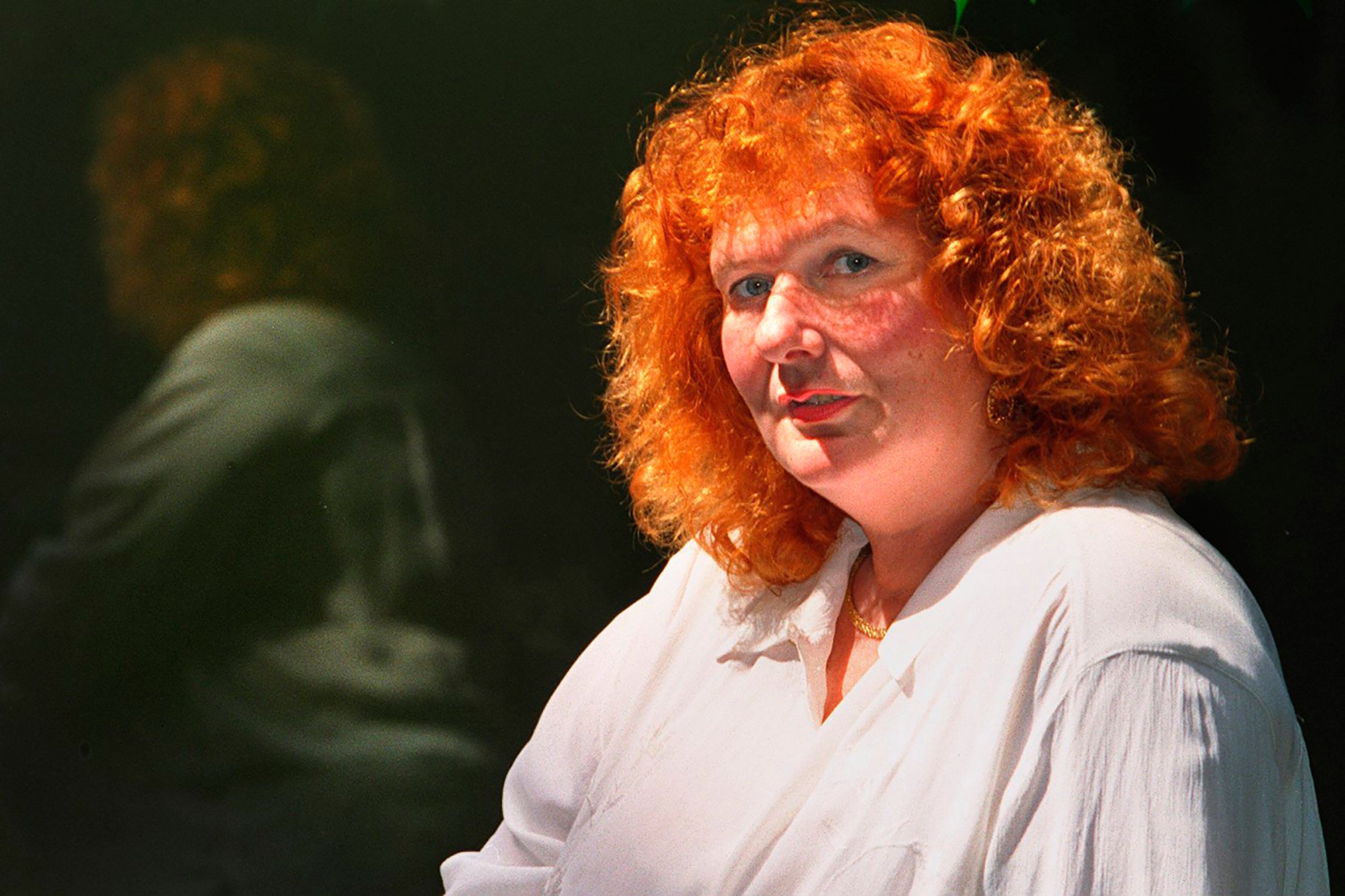Activist Carol Leigh, who coined term `sex work', dies at 71
Carol Leigh, a San Francisco artist and activist who is credited with coining the term “sex work” and who sought for decades to improve conditions for prostitutes and others in the adult entertainment business, has died

Your support helps us to tell the story
From reproductive rights to climate change to Big Tech, The Independent is on the ground when the story is developing. Whether it's investigating the financials of Elon Musk's pro-Trump PAC or producing our latest documentary, 'The A Word', which shines a light on the American women fighting for reproductive rights, we know how important it is to parse out the facts from the messaging.
At such a critical moment in US history, we need reporters on the ground. Your donation allows us to keep sending journalists to speak to both sides of the story.
The Independent is trusted by Americans across the entire political spectrum. And unlike many other quality news outlets, we choose not to lock Americans out of our reporting and analysis with paywalls. We believe quality journalism should be available to everyone, paid for by those who can afford it.
Your support makes all the difference.Carol Leigh, a San Francisco activist who is credited with coining the term “sex work" and who sought for decades to improve conditions for prostitutes and others in the adult entertainment business, has died. She was 71.
Kate Marquez, the executor of her estate, said Leigh died Wednesday of cancer, the San Francisco Chronicle reported Thursday.
A former prostitute, Leigh devoted herself to campaigning on behalf of those in the “sex work industry," a term she coined as the title for a panel discussion she attended at a feminist anti-pornography conference in 1978, according to an essay she wrote.
The term has become generally used by public health officials, academic researchers and others.
“Carol defined sex work as a labor issue, not a crime, not a sin,” Marquez said. “It is a job done by a million people in this country who are stigmatized and criminalized by working to support their families.”
“Ultimately, Leigh argued that until sex workers are included in the conversations about feminism, sexuality and legality -– conversations from which they have historically been excluded -– sex workers will remain fragmented rather than collective, and stigmatisation will abound,” said a tweet Thursday from SWARM (Sex Worker Advocacy and Resistance Movement), which describes itself as a sex worker-led collective founded in the United Kingdom in 2009.
Leigh co-founded BAYSWAN, also known as Bay Area Sex Worker Advocacy Network, which according to its website works with human rights activists to address problems such as human trafficking in the industry as well as labor and civil rights violations.
Leigh was deeply involved in advocacy for and aid to sex workers both in the United States and overseas and her concerns ranged from decriminalization to poverty, drug use and HIV. She also was a video artist and produced award-winning documentaries on “women’s issues and gay/lesbian issues," according to her BAYSWAN biography.
She wrote and frequently performed a one-woman political satire play called “The Adventures of Scarlot Harlot,” and wrote a 2004 book titled “Unrepentant Whore: The Collected Work of Scarlot Harlot.” She also helped produce the San Francisco Sex Worker Film and Arts Festival.
Born in New York City, Leigh had a bachelor's degree in creative writing when she moved to San Francisco in 1977. She began working as a prostitute to earn money but her focus changed after she was raped by two men at a sex studio in 1979, she told SFGate in a 1996 interview.
She couldn't file a crime report because her workplace would have been closed.
“The fact that I couldn’t go to the police to report the rape meant that I was not going to be able to protect other women from these rapists," she said. “And I vowed to do something to change that."
Leigh’s papers will be archived at Harvard University's Schlesinger Library on the History of Women in America, Marquez said.